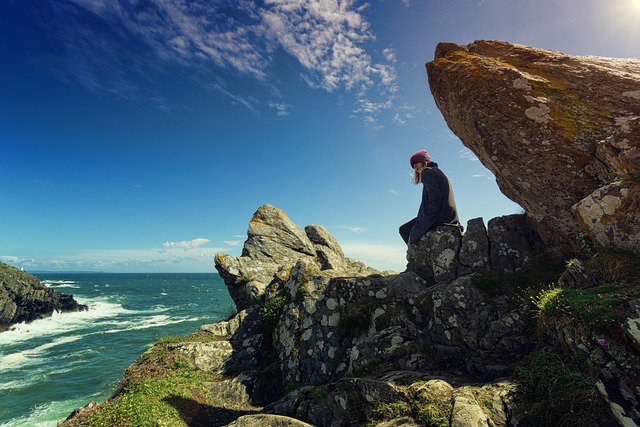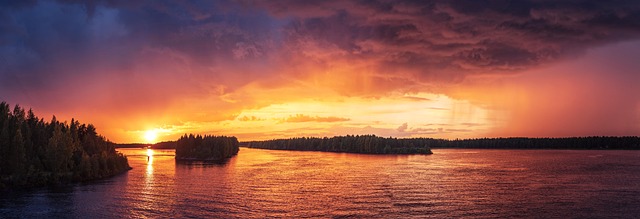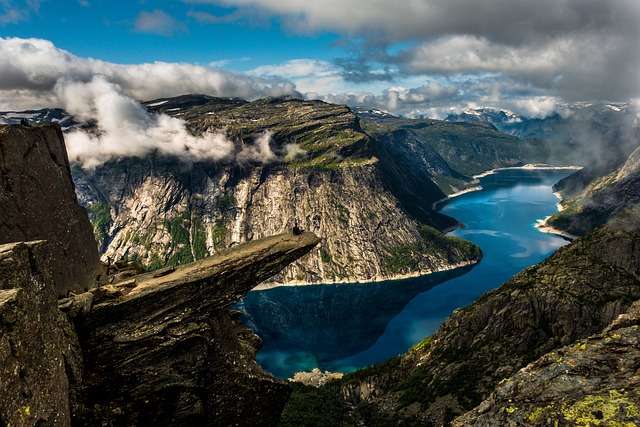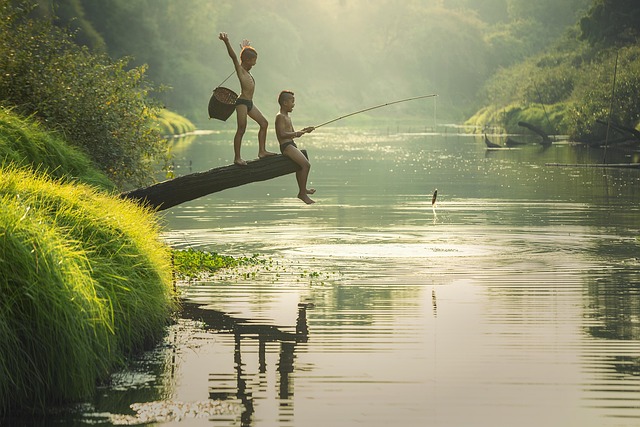The Mackenzie River, with deep cultural roots in indigenous communities, has evolved from traditional fishing to a global attraction while prioritizing conservation. Strict regulations, habitat restoration, and community education foster sustainable practices, ensuring the river's ecological health and preserving its unique fishing traditions for future generations. Balancing angling with conservation is vital, as the river's biodiversity thrives on responsible stewardship.
“Explore the rich tapestry of McKenzie River fishing traditions, where a historical journey intertwines with cultural significance. This article delves into the evolution of angling on the iconic river, highlighting its deep-rooted cultural impact on local communities. We examine conservation efforts aimed at preserving the delicate ecosystem and ensuring the future of sustainable fishing. From its historical roots to contemporary challenges, discover how McKenzie River fishing traditions are both protected and enhanced through thoughtful conservation initiatives.”
- A Historical Look at Fishing on the McKenzie River
- The Cultural Significance of McKenzie River Fishing Traditions
- Conservation Efforts and Their Impact on the McKenzie River Ecosystem
- Future of Fishing: Preserving Traditions While Protecting the River's Health
A Historical Look at Fishing on the McKenzie River
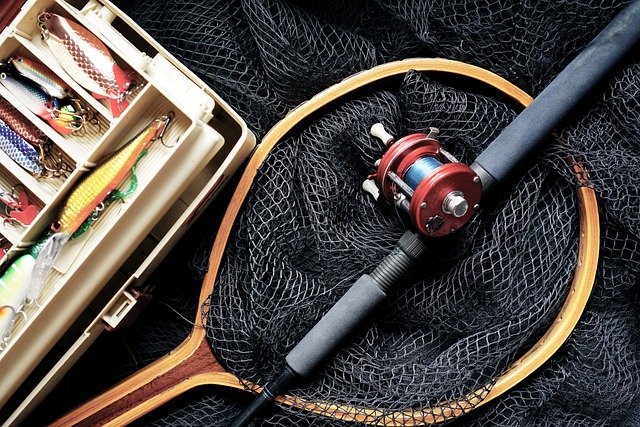
The Mackenzie River, a vital waterway in Oregon’s scenic landscape, has long been a hub for fishing traditions, dating back generations. Historically, indigenous communities relied heavily on the river’s abundant resources, utilizing various methods and techniques to sustain themselves. These early practices laid the foundation for what would become a cherished recreational activity for anglers from around the world.
Fishing on the McKenzie River has evolved over time, reflecting both cultural shifts and environmental considerations. In the past, the primary focus was on commercial fishing to support local economies. However, with growing awareness of ecological preservation, there’s been a notable shift towards conservation efforts. Today, sustainable fishing practices are at the forefront, ensuring the river’s health for future generations while preserving its rich historical significance in McKenzie River fishing traditions.
The Cultural Significance of McKenzie River Fishing Traditions
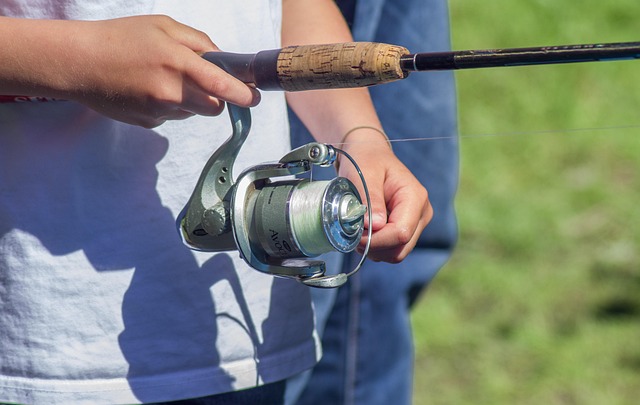
The McKenzie River, winding through the scenic landscapes of Oregon, holds a deep cultural significance for the indigenous communities who have called this region home for centuries. Fishing traditions along this iconic river are more than just a pastime; they are an integral part of the social and spiritual fabric of these communities. For Native American tribes like the McKenzie River Tribe, fishing is not merely about catching dinner, but it also serves as a means of connecting with ancestors, preserving knowledge, and fostering community bonds.
These rich fishing traditions have been passed down through generations, instilling a deep respect for the river’s ecosystem. The indigenous peoples of the McKenzie River have long practiced sustainable fishing methods, ensuring the longevity of fish populations. Today, these traditions continue to be celebrated and protected through various conservation efforts, emphasizing the importance of preserving cultural heritage alongside environmental sustainability in the context of McKenzie River fishing conservation.
Conservation Efforts and Their Impact on the McKenzie River Ecosystem
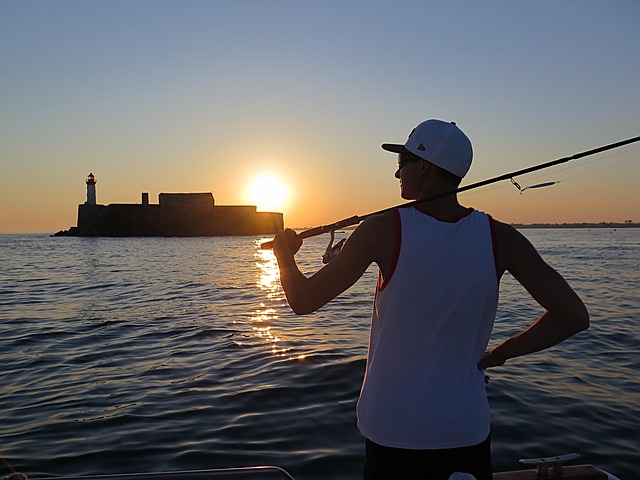
The McKenzie River, renowned for its rich fishing traditions, has also been the focus of extensive conservation efforts. These initiatives aim to preserve the river’s ecological balance and ensure the sustainability of its precious resources for future generations. Through collaborative work between local communities, environmental organizations, and government agencies, significant strides have been made in protecting the river’s biodiversity. One notable aspect is the implementation of strict fishing regulations, including size limits and catch-and-release policies, which help maintain healthy fish populations.
Conservation efforts extend to habitat restoration projects aimed at improving water quality and creating diverse habitats. These initiatives involve removing invasive species, reforesting riverbanks, and enhancing riparian zones. Such practices not only benefit the aquatic ecosystem but also contribute to overall environmental health. As a result, the McKenzie River ecosystem flourishes, offering anglers an exceptional experience while ensuring the river’s ecological integrity remains intact.
Future of Fishing: Preserving Traditions While Protecting the River's Health
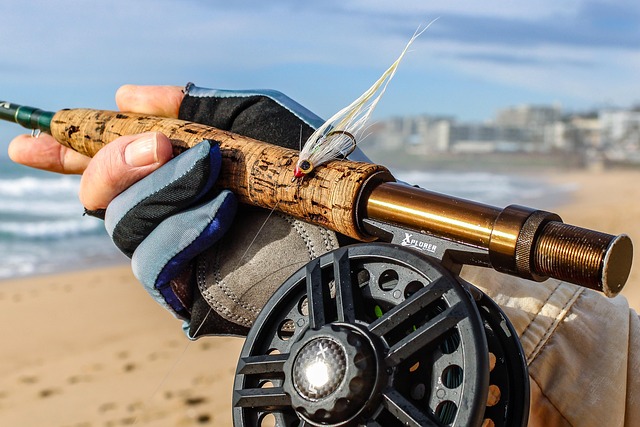
As the McKenzie River continues to captivate anglers and outdoor enthusiasts, ensuring the future of fishing while preserving its rich traditions is a delicate balance. The river’s health is intrinsically linked to its ability to support diverse fish populations, and conservation efforts are vital to maintaining this ecological equilibrium. By implementing sustainable fishing practices, such as catch-and-release methods and adhering to size limits and bag limits, anglers can play a crucial role in protecting the river’s ecosystem.
Moreover, fostering a sense of stewardship among the fishing community is essential. Educating anglers about the impact of their actions on the river’s habitat and fish populations encourages responsible behavior. Through partnerships with local organizations and government agencies, we can promote research, monitor water quality, and restore habitats to ensure the McKenzie River remains a thriving environment for both its fishing traditions and the wildlife that depend on it.


